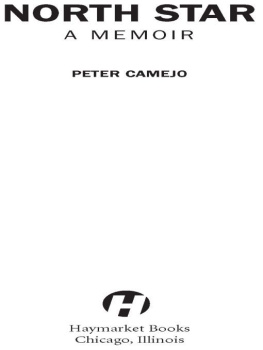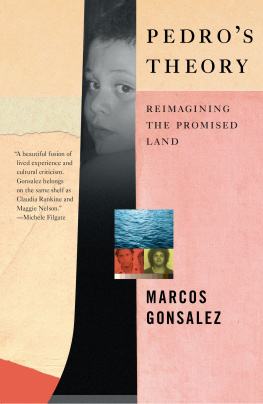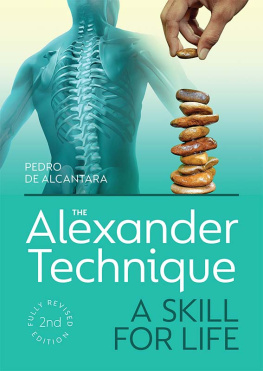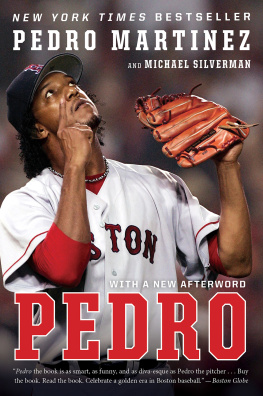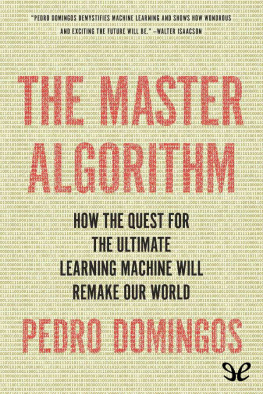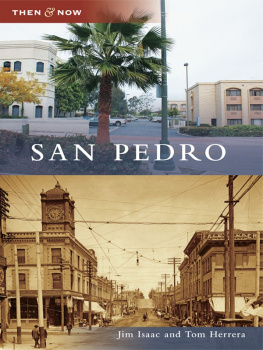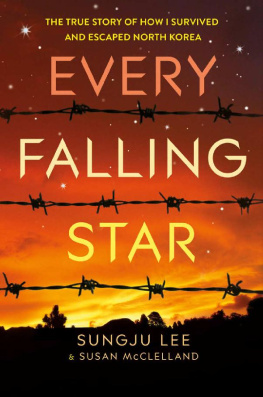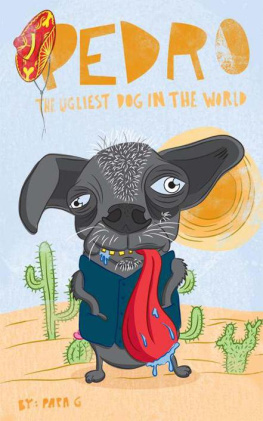To the thousands upon thousands of people who have worked with me through the years for peace, for social justice, against racism, and for human rights. I know that future generations will build on what we have done. And to the children, the future participants of mass social struggles who will make the Third American Revolution a reality
PUBLISHERS NOTE
Haymarket Books is honored to present this posthumous memoir by Peter Miguel Camejo. A friend of Haymarket Books, Peter shepherded the important book Independent Politics, edited by Howie Hawkins, which we published in 2006.
Matt Gonzalez brought the North Star manuscript to Haymarket, explaining that it was unfinished but that Peter had been working diligently to the end of his rich and active life to complete it. We responded immediately that we would be honored to publish the book. Peter had been writing the penultimate chapter on the day he went into the hospital for the last time. Peter passed away from lymphoma on September 13, 2008.
We extend our gratitude and appreciation to Morella Anzola Camejo for supporting Haymarket throughout this process. We would like to acknowledge the editorial work of Leslie Evans, who assisted Peter on the unfinished manuscript. Max Novick gave thoughtful comments on the early stages of the manuscript, and Caroline Luft and Dao X. Tran provided invaluable editorial assistance in preparing the manuscript for publication. Thanks also to Rachel Odes, Mike Davis, and Todd Chretien, who worked with Peter and helped make this project possible. Our thanks also go to Ralph Nader and his staff for their contribution to fact-checking the text.
CHAPTER 1
MIRACLE IN CALI
It was June 12, 1979. The day was beautiful and mild. A light breeze swept through usually humid and hot Cali, Colombia. Two Colombian friends were driving me to the airport, where I had a flight to catch to Cartagena, on the northern coast. I was wearing a bright yellow tee shirt, whichas it turned outwas rather significant.
Cartagena was the next stop on my speaking tour of Colombian cities. In my speeches I was addressing the latest developments in the overthrow of the U.S.-backed Somoza dictatorship in Nicaragua. I was looking forward to the trip to Cartagena, one of the most beautiful places I had ever been. For very little money I could stay at an oceanfront hotel and swim on one of the worlds most beautiful beaches. After Colombia I planned to go on to Peru to support the presidential candidacy of Hugo Blanco, leader of the peasant uprisings of the 1960s and hero among the Peruvian people.
Little did I know that at the Cali airport Colombian secret police from the Administrative Department for Security (DAS1) were waiting to arrest me on orders from the CIA. To be arrested in Colombia is very dangerousthe rule of law is not one of Colombias traditions.
I arrived at the airport with my two friends and the three of us walked in. The airport was small, just a short walk from the entrance to the check-in counter. I handed my ticket to a young woman behind the counter, who did two peculiar things. In those days the check-in agent had a printed list of passengers and he or she circled the corresponding name as each passenger checked in. Instead of circling my name, this young woman made a circle in the air above the paper. I took notice of that but didnt recognize that something larger was under way. Next she took my small bag and instead of placing it onto the conveyor belt she hid it under the counter. Then she said, Go pay your exit visa. My flight to Cartagena was, of course, a domestic flight so I responded, Im not leaving the country. She looked right into my eyes, really hard, and repeated, Go pay your exit visa.
The exit visa was only one dollar so I thought okay. As it turns out the secret police knew that I was wearing a yellow tee shirt. But my paying an exit visa would convey to the secret police, who were in the airport somewhere watching my yellow shirt, that I must not be the person they were seeking because they knew that Peter Camejo wasnt leaving the country. In fact, as I walked away to pay the exit visa, two police agents went up to the young woman and asked, Is that him? She told them, No.
As I came up to the exit visa stand the man behind the counter turned and quickly walked into a back office. I could tell something was off, but was unaware of what was actually happening: the airport workers had put into action a plot to save me. These workers were risking their jobs and possibly more to keep me out of the hands of the political police. As I stood at the counter waiting, a woman sitting nearby said, Go upstairs. Your wife is waiting for you. I leaned over and said, Im not married. She repeated impatiently, Go upstairs. Theyre waiting for you. One of my Colombian friends said, Pedro, maybe someone knows you and wants to talk to you. Lets go find out. You have time.
A man was selling lottery tickets in the stairwell. I had a ticket I had bought for fifty cents somewhere and showed it to him to see if I had won. He said no. My friends and I continued up the stairs. The stairs turned left and we came to a door. Having no idea what else to do, I knocked. A woman stepped out and asked, Are you Camejo? I said yes. She responded, Quick, come in here. We stepped into a room where flights were announced. Several workers in the room whispered, Stay silent!
Then it hit me. No one had to say a word. The three of us stood still. Between announcements of flights the employees filled in some of the details. The woman from the check-in counter explained that the secret police had said I was a drug dealer and was to be arrested, and that I would be wearing a yellow shirt. The airport workers told me they would wait until my flight to Cartagena took off, and then they would check to see if the secret police had left the airport.
After about twenty minutes word came from the airport directors secretary that she had overheard a conversation between the DAS police and the airport director. Apparently the secret police had determined that I had to be in the building and they were going to conduct a search. The bad news hit us hard. The airport workers said to me, We cant hide you. But well take you to our union office so at least when they arrest you they wont beat you.
The union headquarters in the airport was a one-room office with two people inside. They greeted me, very friendly, and apologized, not knowing what else to do. I asked my two Colombian friends to remain in the airport but to stay far away from me so they wouldnt also get arrested. I gave them the telephone number of a good friend in New York so that efforts could be made to defend me.
The main thought that kept crossing my mind was to be thankful my companion, Gloria Najar, wasnt with me on that trip. The fear that something might happen to her was frighteningly strong in those days when the two of us traveled in Latin America. My other primary thought was that I would probably be in the same clothes for a long time, maybe weeks.
I asked the union leaders if there was a bathroom nearby. (Who knows when youll be able to go once the secret police grab you?) Theres a bathroom right here, they said. I walked in and began urinating. Im sure it could be heard clear as day in the main room. At that moment the two secret service police came into the office. They must have known the union leaders from working the airport beat. The men greeted each other in typical Latino macho style with some sort of joke. I paid little attention until I heard one of the DAS officers ask, Whos in the bathroom? One union leader responded, Oh, so the queer wants to take a peek? The secret service policeman made his own derogatory joke, denying any interest, and walked out.


